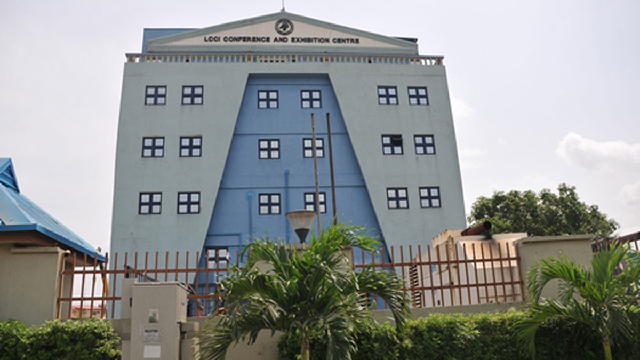The President, Lagos Chamber of Commerce and Industry (LCCI), Mrs Toki Mabogunje, says the insecurity in the country is disrupting the supply chain as well as Nigeria’s economy.
She spoke at the chamber’s 2021 edition of the Security Meets Business Conference held in Lagos on Thursday.
According to her, insecurity often lead to negative outcomes, death and economic losses.
She said, “Insecurity does not only impact society, but it also reduces the positive benefits that security and peace bring to the macroeconomic performance of countries.
“Since 2000, countries that have improved in security and peace have seen an average 1.4 percentage points higher GDP per capita growth when compared to countries that have become less peaceful as measured by the Global Peace Index.”
Mabogunje noted that despite the government allocating N878billion in 2020 and N840.56bn in 2021 to defence, the security situation in the country had not fared better.
READ ALSO: Phone Shipments Into Nigeria Fell By 6.4% in Q2 2021
She said, “In the course of the year, another supplementary budget worth about N983billion was approved for the procurement of equipment for the military and medical infrastructure as well as COVID-19 vaccines.
“This vote of resources to defence operations show the commitment of the government to making Nigeria a safer and more peaceful nation.
“Despite these efforts, the security situation in our nation is still a narrative of challenges, apprehension, anxiety, disrupted supply chains, and increasing economic cost from the impact of insecurity.
Citing data from the 2020 Global Peace Index by the Institute of Economics and Peace, Mabogunje said the economic impact of violence increased in 2019 to a total of $453.1bn or $433 for each person in sub-Saharan Africa.
The LCCI president pointed out the need for collective and integrative security architecture by the federal, state, and local governments in the country.
“This will assist in identifying criminals, their sponsors, and hideouts in the country. We urge the government to sustain the needed funding for defence operations to equip the military with advanced weaponry and intelligence infrastructure,” she added.
“These should be supported by heavy deployment of modern military intelligence technologies,” she said.













